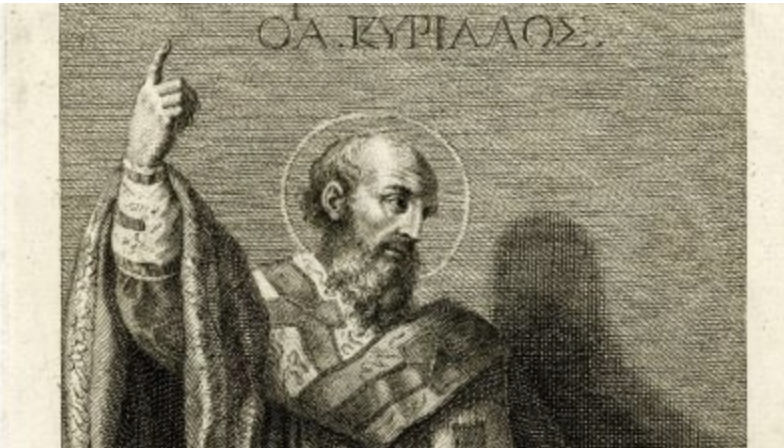“He who sat upon the throne said, ‘Behold, I make all things new’ ” (Revelation 21:5).
And so he has!
We enter Easter season with new life won for us through the sacraments. The sacraments are as old as the gospel, yet they are, like the gospel, ever new.
We enter the season amid a New Evangelization. Prepared by St. Pope Paul VI, announced by St. Pope John Paul II, detailed beautifully by Pope Benedict XVI, and now carried forward by Pope Francis, the Church is in a historic phase that is comparable to the first arrival of the gospel on America's shores — and perhaps the first arrival of the gospel in the Greco-Roman world.
We’re blessed to live in the times we do, so soon after the great era of liturgical reform. Some people say the reform began after the Second Vatican Council, in the 1960s. But it actually predates the council by a decade. It was in the early 1950s that Pope Pius XII restored the early Church’s traditions for Holy Week, the Triduum, and especially the Easter Vigil.
The renewal of the liturgy continues in our own day, as we have seen in recent years. The Church retrieves observances from the Tradition, but not for antiquarian interest. When we return to the sources of revelation — Scripture, the liturgy, the witness of the saints — we see these ancient things themselves made new for us, for our time, and for our world.
St. Cyril of Jerusalem preached in the fourth century, but his homilies are still renowned today. He’s best known for the Easter sermons he delivered to new converts. A profound biblical theologian and a warm pastor, he covered many points of Christian life, from morals to prayer to the creed.
But his masterpiece was the grand finale to his series. He ended with a stunning explanation of the sacraments of initiation. Step by step, he led his listeners through the rites of the Church, explaining every word and symbol in light of the Scriptures.
When those new members of his congregation stepped into the baptismal pool on the Easter Vigil, they were stepping decisively into the stream of salvation history. The sacramental moment had been foreshadowed in the Old Testament and fulfilled in the New. God had willed it from the dawn of creation. Christ had come, in the fullness of time, to call these particular men and women to the water, to the anointing, to the banquet — there to be made new.
St. Cyril was especially good at his job. He excelled as a preacher and teacher, theologian, and biblical scholar. He delivered his message with the power of a poet. He was working with material that was already “old” in the fourth century. Yet he was also working with the Lord who made all things new.
A fourth-century eyewitness testified that, when St. Cyril preached the Easter mysteries, his church thundered with applause. May the sacraments arrive this year with a freshness for you and me — making all things new in our sight.

